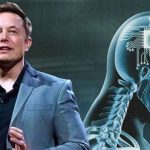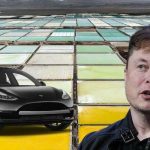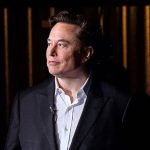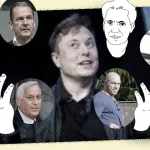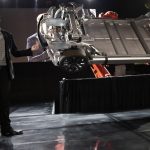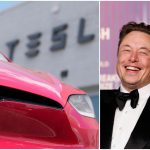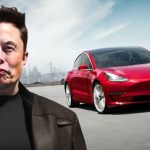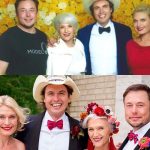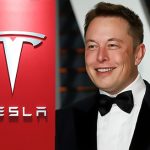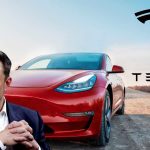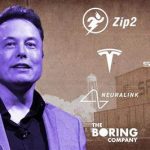Elon Musk and Facing Criticism: Why He Never Regrets Anything
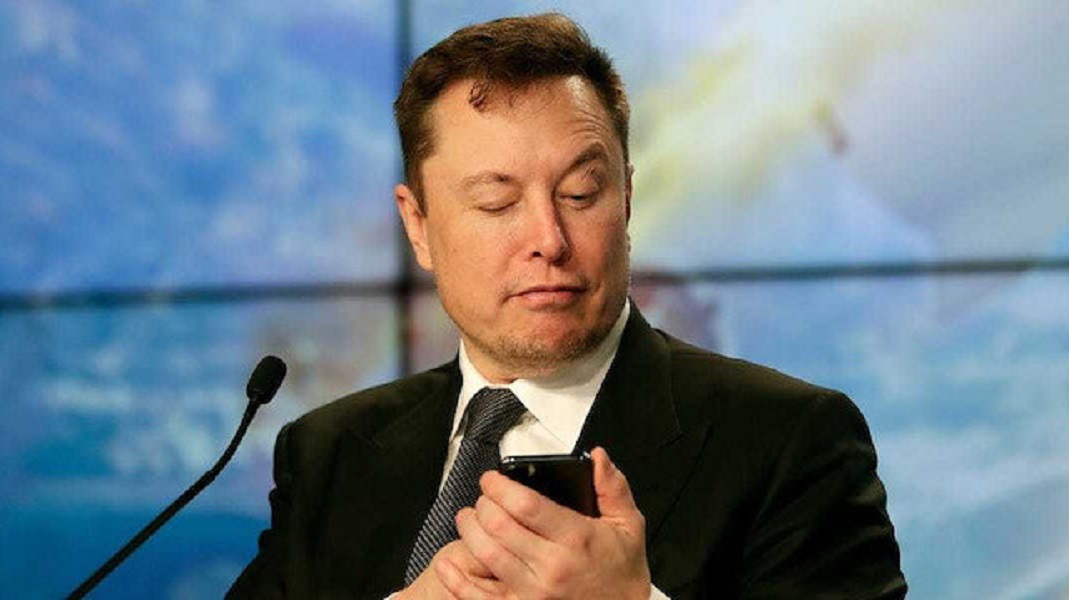
Elon Musk and Facing Criticism: Why He Never Regrets Anything
Elon Musk – a name both revered and reviled. From outrageous X posts to audacious business moves, he’s no stranger to controversy. Yet, what stands out is that Musk never seems to regret anything. Why does a man under constant fire remain unshaken by criticism? His life, a whirlwind of bold decisions and unapologetic defiance, offers clues to this enigma. Whether it’s clashing with the public, the press, or even his own peers, Musk’s response to criticism isn’t just resilience – it’s a philosophy, a way of being that fuels his relentless pursuit of the extraordinary.
The Infamous “Pedo” Incident: A Storm He Weathered Without Apology
Recall 2018, when Musk labeled Vernon Unsworth, a diver from the Tham Luang cave rescue in Thailand, a “pedo” on X. The remark wasn’t a slip of the tongue – it was a deliberate jab after Unsworth dismissed Musk’s offer of a mini-submarine as a “PR stunt.” The backlash was swift and fierce. Media outlets branded him reckless, social media erupted in outrage, and a defamation lawsuit followed. Most would’ve backpedaled, issuing a mea culpa to douse the flames. Not Musk. He won the case, with the jury ruling his words didn’t legally defame Unsworth, and instead of retreating, he doubled down with more online quips. “Don’t mess with me,” he seemed to signal, unfazed by the storm.
Why no regret? For Musk, this wasn’t about being right or wrong in the public eye – it was about standing his ground. He saw the criticism as noise, a distraction from his intent to help. To him, apologizing would’ve meant bowing to a narrative he didn’t accept. That incident, though a PR disaster to many, was just another day of Musk being Musk – brash, unfiltered, and utterly indifferent to the chorus of disapproval.
Tesla’s Rocky Road: Turning Criticism into Triumph
Tesla’s story is another case in point. In 2017 and 2018, Musk promised waves of Model 3 deliveries, hyping it as the car to democratize electric vehicles. But production bottlenecks piled up, deadlines slipped, and deliveries faltered. Analysts called him overly optimistic; customers and investors labeled him a “liar.” The pressure was crushing – Tesla’s stock took a nosedive, and whispers of bankruptcy grew louder. Critics pounced, questioning his leadership and the company’s viability.
Did Musk waver? Hardly. He dove headfirst into the fray, literally sleeping on the factory floor to oversee production. “I’m not leaving until this is fixed,” he reportedly told his team. He tweeted updates, faced the skeptics head-on, and worked around the clock. By late 2018, Tesla turned the corner, ramping up production and proving the naysayers wrong. Today, Tesla’s market cap soars past a trillion dollars, a testament to Musk’s refusal to let criticism dictate his path. To him, it wasn’t a setback to regret – it was fuel to prove his point, a challenge to conquer rather than a reason to retreat.
SpaceX’s Early Failures: Defying the Doubters
SpaceX faced its own barrage of backlash. In the mid-2000s, Musk’s vision of a private space company launching reusable rockets was met with ridicule. The first three launches – 2006, 2007, and 2008 – ended in fiery failures, costing millions and drawing mockery. Industry veterans and media skeptics called his dreams “delusional,” a pipe dream from a man with more ambition than sense. “Space is too hard for a private player,” they argued.
Musk didn’t flinch. “I don’t care what people think as long as I believe in what I’m doing,” he once said. With his personal fortune dwindling, he poured everything into a fourth attempt. In September 2008, Falcon 1 finally reached orbit – a historic first for a privately funded rocket. That success silenced the doubters and paved the way for SpaceX to become the world’s leading private space company, now valued at over $350 billion. Criticism didn’t deter him; it sharpened his resolve. Regret? Not in his vocabulary – each explosion was a lesson, not a failure to lament.
The Twitter Takeover: A $44 Billion Bet Against the Grain
Fast forward to 2022, when Musk bought Twitter for $44 billion. The move drew a firestorm of critique. Pundits called it a reckless overpay, investors fretted as Tesla’s stock dipped, and employees braced for chaos. “He’s biting off more than he can chew,” analysts warned, pointing to the platform’s debt and Musk’s already packed plate. Social media buzzed with predictions of disaster.
Musk shrugged it off. He saw Twitter as a tool to champion free speech and reshape digital discourse – a mission worth the risk. He slashed staff, revamped policies, and tweeted through the uproar, unfazed by the backlash. While the jury’s still out on Twitter’s long-term fate, Musk’s lack of regret shines through. “I’d rather try and fail than not try at all,” he’s hinted in his actions. To him, criticism is just static – irrelevant unless it stops him from moving forward.
Why No Regrets? A Mindset Forged in Vision and Defiance
So, what’s his secret? Musk doesn’t regret because he lives by his own vision, not public opinion. He’s said it himself: “I’m not here to be liked – I’m here to change the world.” To him, criticism isn’t a judgment to internalize; it’s an inevitable byproduct of innovation. If no one’s upset, he’s not pushing hard enough. Controversial statements – like the “pedo” remark or his off-the-cuff X posts – are tools to test limits, stir debate, and assert his voice. Risky calls – like betting his fortune on Tesla or SpaceX – are gambles he’s willing to take because he believes the payoff outweighs the noise.
This mindset isn’t new. It traces back to his early days. At 17, he left South Africa for Canada with little more than a dream, defying expectations of a stable path. At Zip2 and X.com, he faced skepticism but turned them into multi-million-dollar exits. Each step, he’s met resistance – and each time, he’s doubled down. “Failure is an option,” he’s famously said. “If you’re not failing, you’re not innovating enough.” Regret, to Musk, would mean doubting that ethos, something he refuses to do.

Beyond Business: A Personal Life Unbowed by Judgment
Even in his personal life, Musk shrugs off critique. His unconventional relationships – from multiple marriages with Talulah Riley to his on-off romance with Grimes – draw tabloid scorn. Naming his son X Æ A-12 sparked global bemusement, yet he stood by it, unfazed by the ridicule. “It’s pronounced ‘X Ash A Twelve,’” he clarified with a grin, as if daring the world to keep judging. Critics call him eccentric or erratic; he calls it living authentically. Regret doesn’t fit a man who prioritizes his truth over societal norms.
The Cost of Fearlessness: A Double-Edged Sword
Musk’s fearlessness isn’t without cost. His bluntness alienates allies – like when he clashed with regulators over Tesla tweets, costing him the chairman role in 2018. His defiance strains relationships, as seen in his rocky personal life. And his refusal to bend can amplify chaos, like the Twitter upheaval. Yet, he accepts these trade-offs. “You can’t make everyone happy,” he’s implied. To Musk, the price of criticism is worth paying if it means staying true to his goals.
A Polarizing Figure: Genius or Arrogance?
Elon Musk isn’t perfect, but he’s fearless in the face of adversity. That resolve makes him both hated and adored. To detractors, he’s an arrogant fool – a man too stubborn to admit fault, too reckless to care. To fans, he’s a bold genius – a visionary who thrives where others crumble. His handling of criticism splits the world: some see hubris, others see strength.
Take the “pedo” incident. Critics saw a petulant outburst; supporters saw a man defending his honor. Tesla’s delays? A broken promise to some, a gritty comeback to others. SpaceX’s flops? Folly or foresight, depending on who’s watching. Musk doesn’t care which side you pick – he’s too busy building the future to look back.
What Drives This Defiance?
At its core, Musk’s lack of regret stems from a rare blend of conviction and detachment. He’s convinced his missions – electrifying transport, colonizing Mars, advancing AI – are bigger than any single misstep. He’s detached from the emotional weight of criticism, treating it as data rather than a personal attack. “People will always complain,” he’s suggested. “I just keep going.”
This isn’t blind arrogance. It’s calculated. Musk weighs risks, accepts losses, and bets on long-term wins. When he poured his fortune into Tesla and SpaceX in 2008, he knew he could lose it all – but he also knew the potential reward. When he tweets provocatively, he knows the backlash – but he also knows it keeps him in the conversation. Regret would mean second-guessing that calculus, something he’s wired to avoid.
A Lesson for Us All?
Musk’s approach challenges us. How often do we let criticism paralyze us? How often do we regret bold moves because others disapprove? He doesn’t – and that’s why he’s Musk. Whether you admire or despise him, his refusal to bend offers a lesson: conviction can outlast condemnation.
What do you think of how he handles criticism? Is he an arrogant fool or a bold genius? Share your take!
